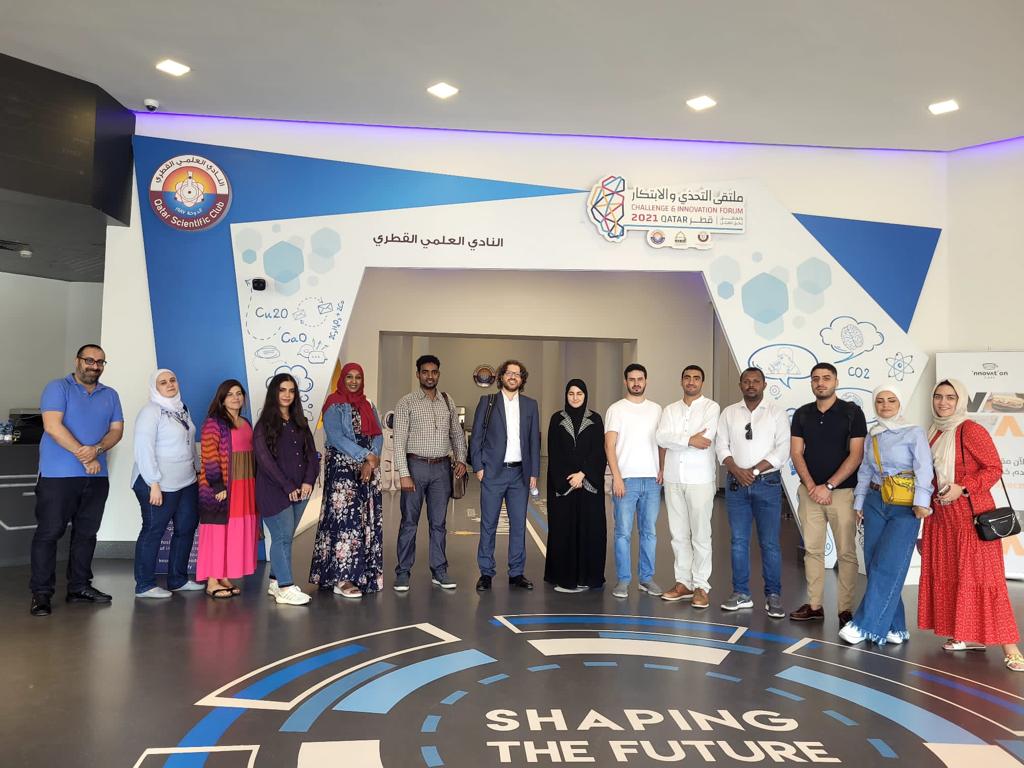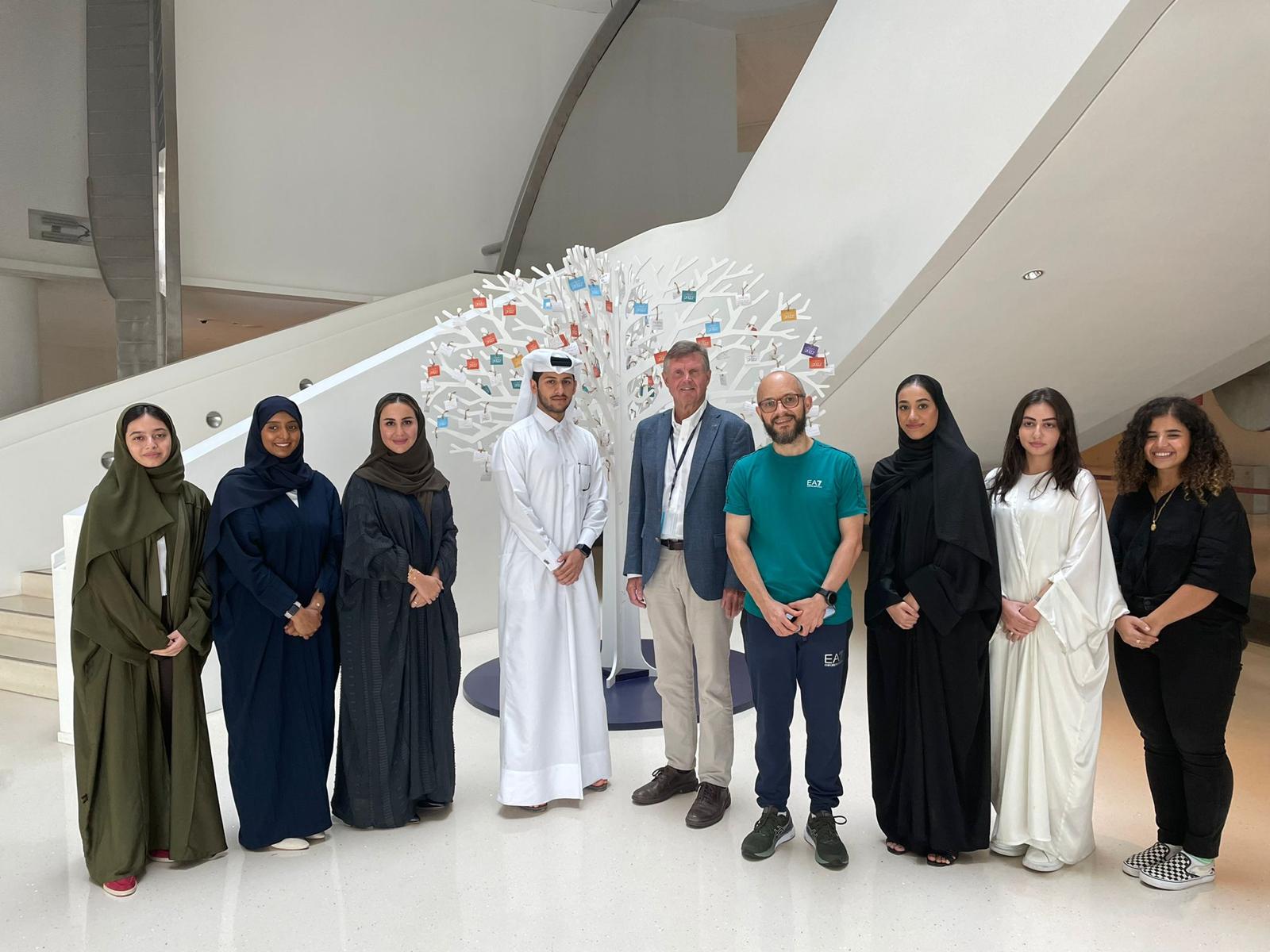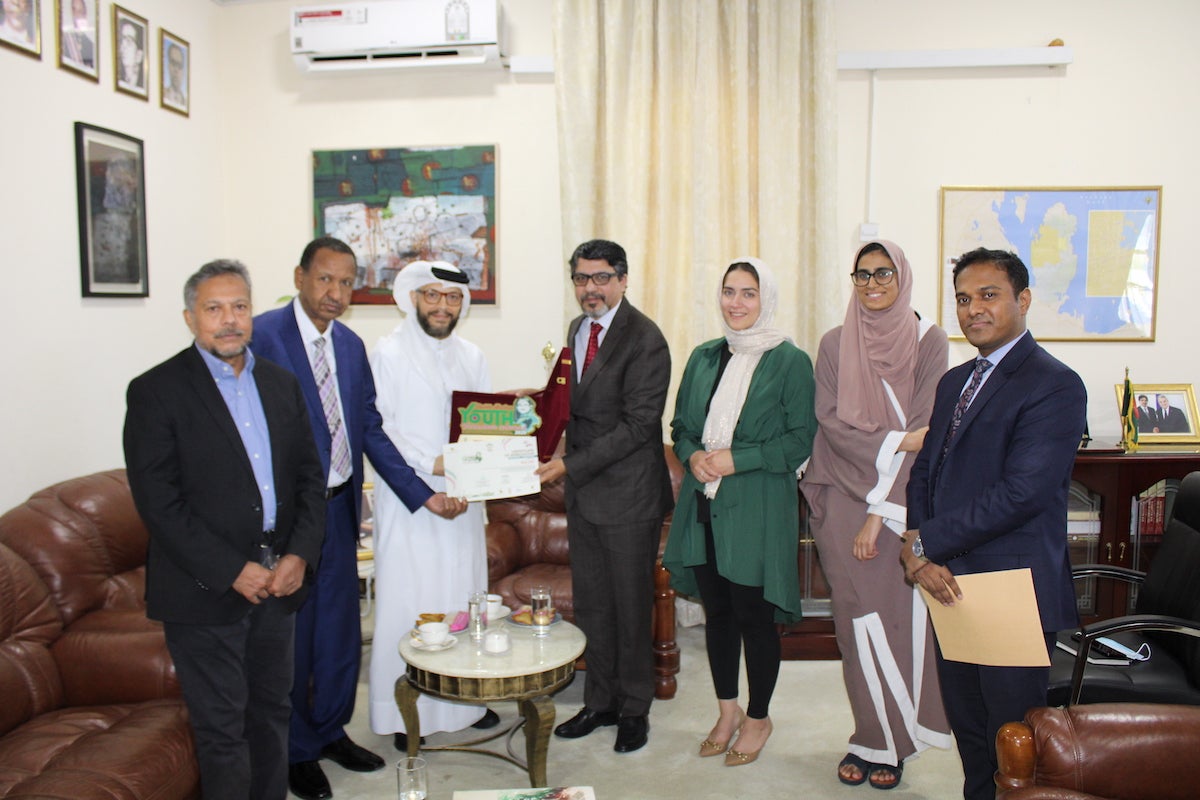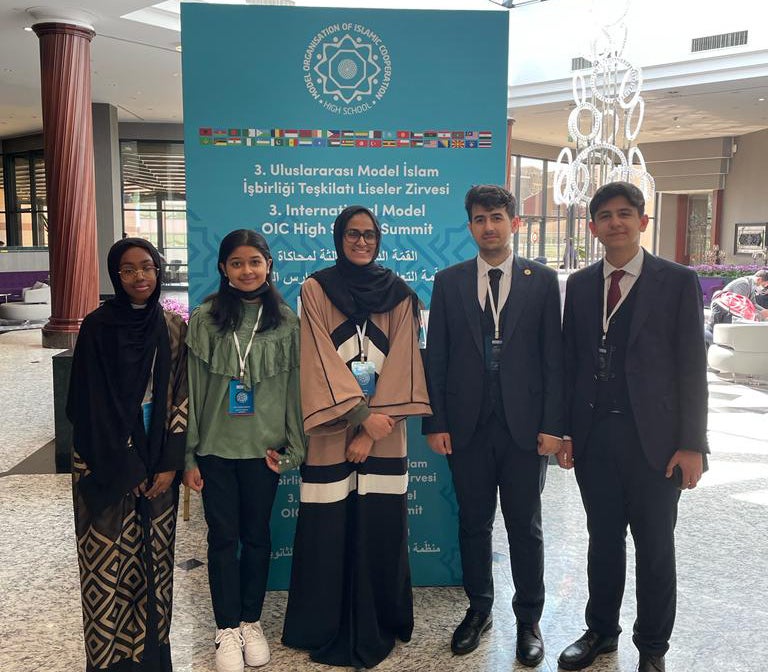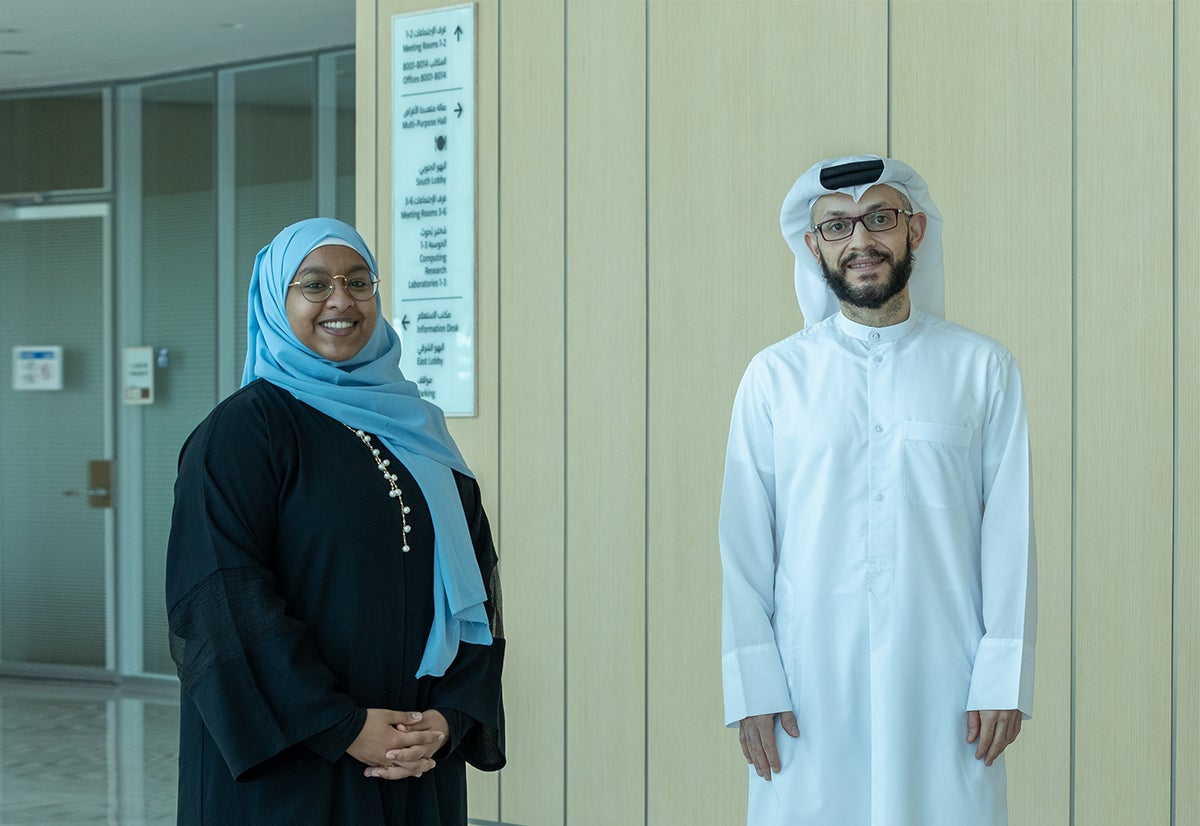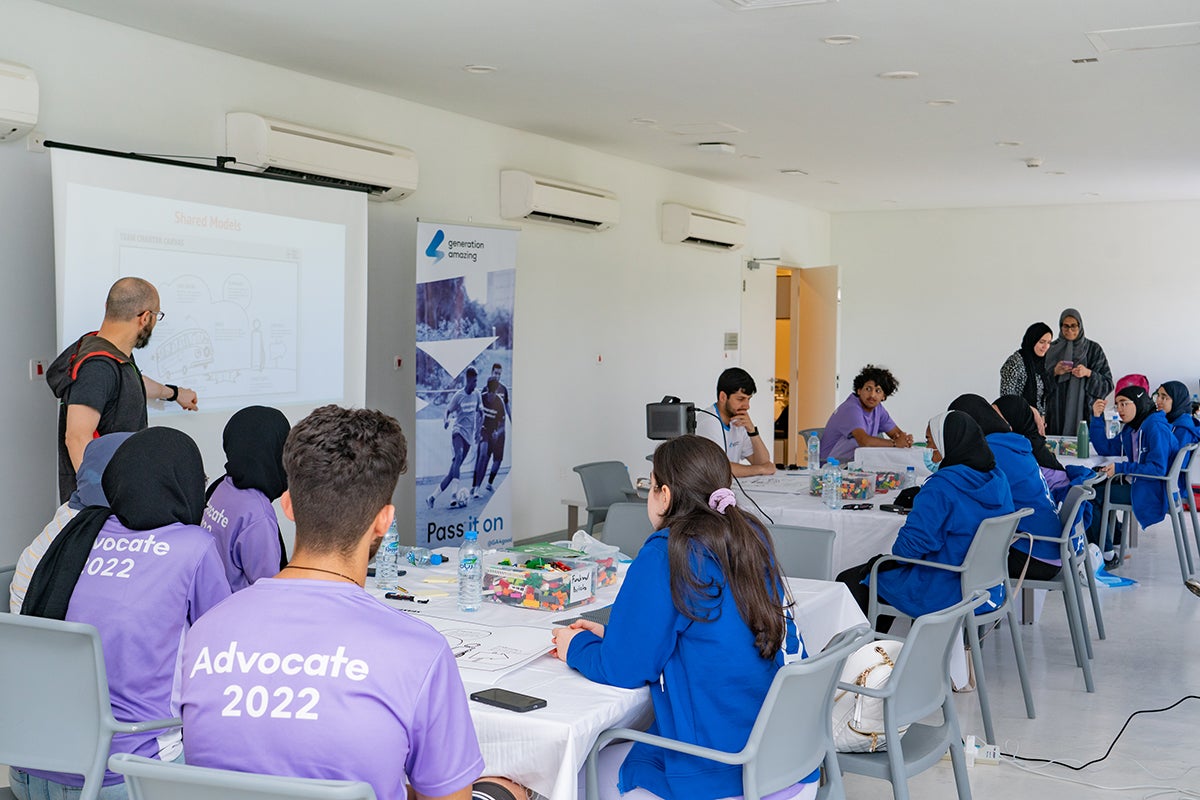Publications highlight continuous contributions by CIS faculty to global scholarship
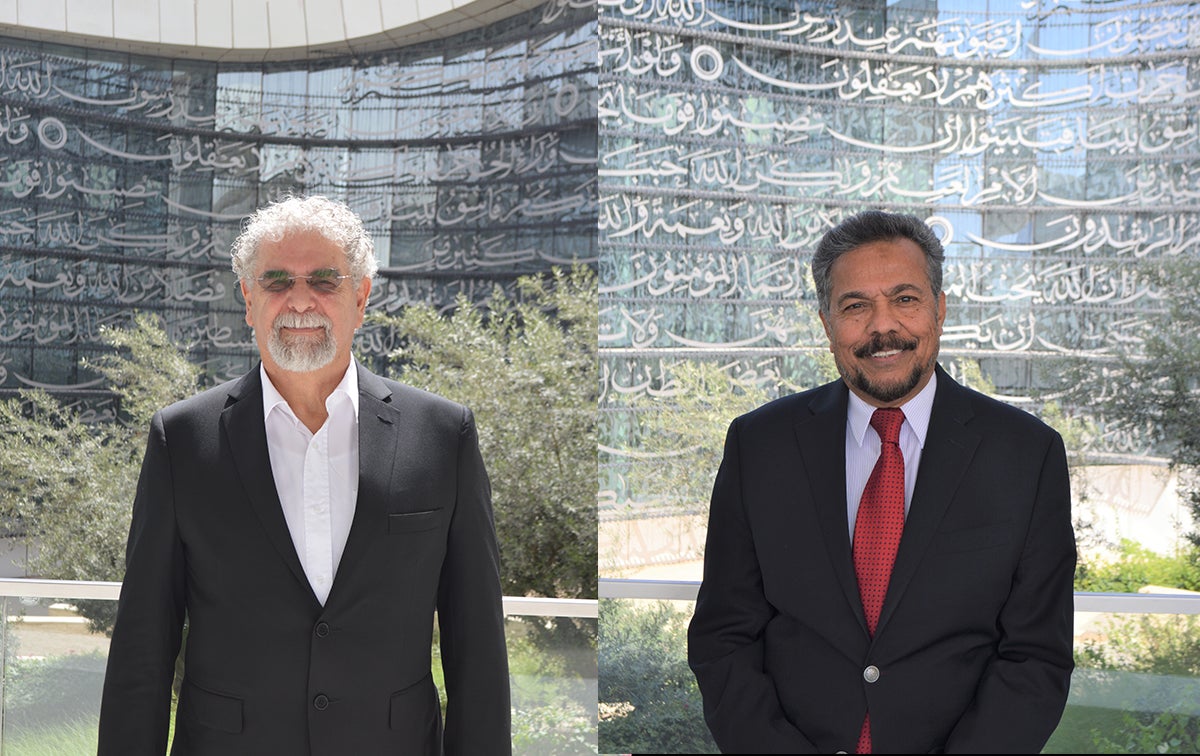
Solidifying its reputation as a thought leader in contemporary and applied Islamic studies, Hamad Bin Khalifa University (HBKU)’s College of Islamic Studies (CIS) has had two of its books recognized as being among the top titles globally in the areas of banking and migration that offer an Islamic law and ethics perspective.
A new book on financial technology (FinTech), co-edited by Dr. Syed Nazim Ali, professor and director of the Center for Islamic Economics and Finance (CIEF) at CIS, ranks number one on the list of new banking books to read in 2021 by BookAuthority, based on recommendations by thought leaders and experts. Fintech, Digital Currency and the Future of Islamic Finance: Strategic, Regulatory and Adoption Issues in the Gulf Cooperation Council takes an in-depth look at FinTech, cryptocurrencies, and current Islamic legal perspectives and regulations. It also looks ahead to future regulations surrounding technology and financial institutions within the Gulf Cooperation Council (GCC).
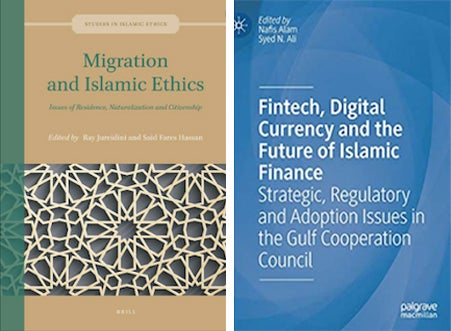 Migration and Islamic Ethics, co-edited by Dr. Ray Jureidini, professor of Migration, Human Rights, and Ethics at the Research Center for Islamic Legislation and Ethics (CILE), is one of the top five accessed e-books on Brill, the renowned global publisher. The book addresses how Islamic ethical and legal traditions can contribute to current global debates on migration and displacement. Overall, it argues that Islamic ethics may provide common ethical grounds for a new paradigm of social and political virtues applicable to all humanity, not only Muslims.
Migration and Islamic Ethics, co-edited by Dr. Ray Jureidini, professor of Migration, Human Rights, and Ethics at the Research Center for Islamic Legislation and Ethics (CILE), is one of the top five accessed e-books on Brill, the renowned global publisher. The book addresses how Islamic ethical and legal traditions can contribute to current global debates on migration and displacement. Overall, it argues that Islamic ethics may provide common ethical grounds for a new paradigm of social and political virtues applicable to all humanity, not only Muslims.
Commenting on the achievements, Dr. Syed Nazim Ali, who is also director of the Research Division at CIS, said: “We are delighted at the acknowledgment of these two books as authoritative sources. The recognition affirms our efforts at CIS, through our distinguished research division including our centers at CIEF and CILE, to enrich the current body of scholarly work and put Islam in a global context. These books are the kind of thought leadership that will facilitate a more informed intellectual discourse and provide an Islamic perspective to scholars, industry practitioners, and regulators across the region and in geographies further afield, who need to better understand contemporary challenges.”
On the critical need for such novel research outputs, Dr. Ray said: “It is a great privilege to be a part of an innovative academic enterprise that is constantly improving our knowledge of the history of Islamic ethical precepts in ways that enable us to identify and apply them to contemporary issues. Applied Islamic ethics in finance, forced and voluntary migration, biomedicine, gender, business, politics, education, and many other fields of inquiry are open for new and candid debates that are not only for a specialized community of scholars, but for the public good in progressive improvement and radical reform.”
For more information on the work of the College of Islamic Studies, please visit cis.hbku.edu.qa.





